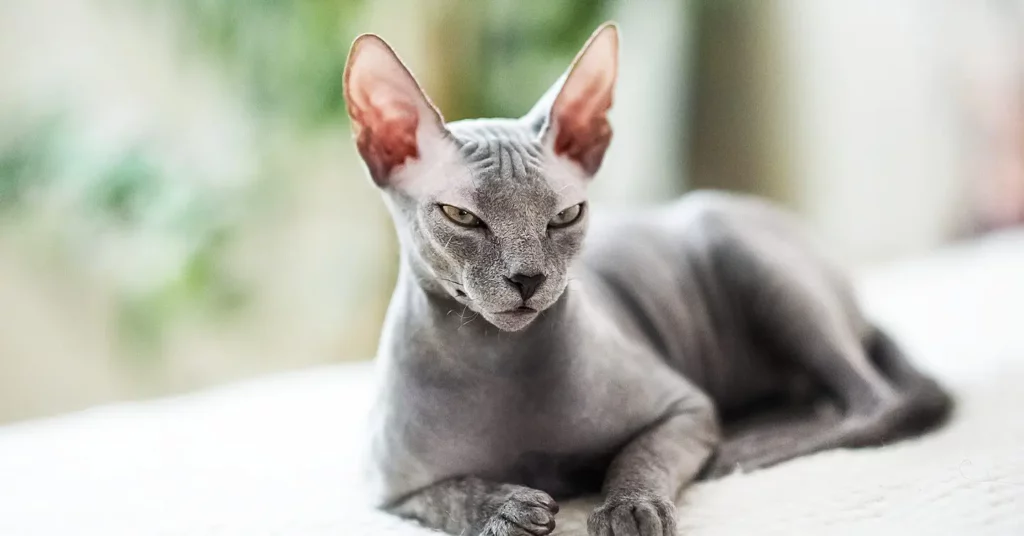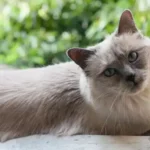Table of Contents
Sphynx cats are known for their unique appearance and affectionate nature, but their adaptability is another standout trait that makes them excellent pets for various living environments. Whether you live in a small apartment or a spacious house, understanding the adaptability of Sphynx cats can help you create a comfortable and loving home for these charming felines. This guide explores 10 key factors that contribute to the adaptability of Sphynx cats.

Affectionate Nature
Sphynx cats are highly affectionate and form strong bonds with their owners. Their social and loving nature makes them adaptable to various living situations, as they thrive on human interaction and companionship. For more on their affectionate traits, visit our Sphynx Cats Affection guide.
Compatibility with Other Pets
Sphynx cats generally get along well with other pets, including dogs and other cats. Their playful and social demeanor helps them adapt to multi-pet households. Proper introductions and supervision are essential for a harmonious environment. For tips on introducing Sphynx cats to other pets, see our Introducing Sphynx Cats guide.
Adaptation to Indoor Living
Sphynx cats are ideally suited for indoor living due to their lack of fur and sensitivity to temperature changes. They thrive in a controlled indoor environment where they can stay warm and comfortable. For more on indoor care, visit our Sphynx Cat Indoor Care guide.
Low Maintenance Grooming
While Sphynx cats do require regular bathing to remove oil buildup on their skin, they do not shed fur like other breeds, making them a low-maintenance option in terms of grooming. This trait contributes to their adaptability, especially for those with allergies. For grooming tips, visit our Sphynx Cat Grooming guide.
Social Interaction Needs
Sphynx cats thrive on social interaction and enjoy being part of family activities. Their need for attention and playtime makes them adaptable to homes where they receive plenty of engagement from their owners. For ideas on keeping your Sphynx cat entertained, see our Sphynx Cat Entertainment guide.
Adaptability to Different Climates
Due to their lack of fur, Sphynx cats are more sensitive to temperature changes and require a warm environment. They adapt well to indoor climates with proper temperature control and cozy spaces. For more information on managing their climate needs, visit our Sphynx Cat Climate Needs guide.
Health and Veterinary Care
Sphynx cats require regular veterinary care to monitor their health, especially their skin and heart. Their adaptability includes being cooperative during vet visits and treatments, which makes managing their health needs easier for owners. For health care tips, visit our Sphynx Cat Health Care guide.
Adaptation to Families with Children
Sphynx cats are known for their playful and gentle nature, making them suitable companions for families with children. Their tolerance and affectionate behavior help them adapt well to lively household environments. For more on their interaction with children, visit our Sphynx Cats and Children guide.
Intelligence and Trainability
Sphynx cats are intelligent and can be trained to perform tricks and follow commands. Their eagerness to learn and interact with their owners enhances their adaptability to various training routines and household rules. For training tips, visit our Sphynx Cat Training guide.
Diet and Nutrition
Sphynx cats have specific dietary needs to maintain their health and skin condition. They adapt well to a balanced diet provided by their owners, which contributes to their overall well-being and adaptability. For nutritional advice, visit our Sphynx Cat Nutrition guide.
Conclusion: Adaptability of Sphynx Cats
The adaptability of Sphynx cats makes them excellent pets for a variety of living environments. Their affectionate nature, compatibility with other pets, and low-maintenance grooming needs contribute to their suitability for different households. By understanding these key factors in the adaptability of Sphynx cats, you can create a loving and comfortable home for your feline friend. For more resources on Sphynx cats and pet care, visit our Sphynx Cat Care section.
Frequently Asked Questions about Adaptability of Sphynx Cats
Are Sphynx cats good for apartment living?
Yes, Sphynx cats are well-suited for apartment living due to their social nature and need for indoor environments. They adapt well to smaller spaces as long as they receive enough attention and engagement. For more tips, visit PetMD.
Do Sphynx cats get along with dogs?
Sphynx cats typically get along well with dogs, especially when properly introduced and supervised. Their playful and social nature helps them adapt to living with canine companions. For more advice, visit AKC.
How can I keep my Sphynx cat warm?
To keep your Sphynx cat warm, provide cozy bedding, use cat-friendly clothing, and maintain a warm indoor temperature. Sphynx cats are sensitive to cold due to their lack of fur. For more tips, visit The Spruce Pets.
Are Sphynx cats hypoallergenic?
While no cat is completely hypoallergenic, Sphynx cats are often better tolerated by people with allergies because they do not shed fur. However, they still produce allergenic proteins. For more information, visit PetMD.
What is the lifespan of a Sphynx cat?
Sphynx cats typically have a lifespan of 8-14 years, though with proper care, some can live longer. Regular veterinary check-ups and a healthy lifestyle contribute to their longevity. For more health care tips, visit Vetstreet.











